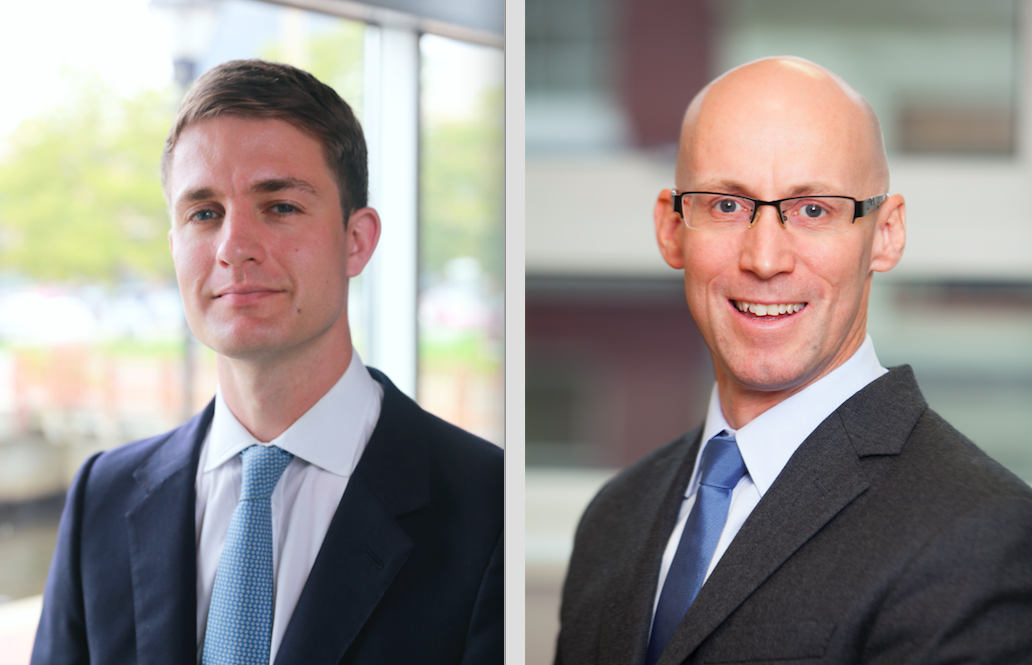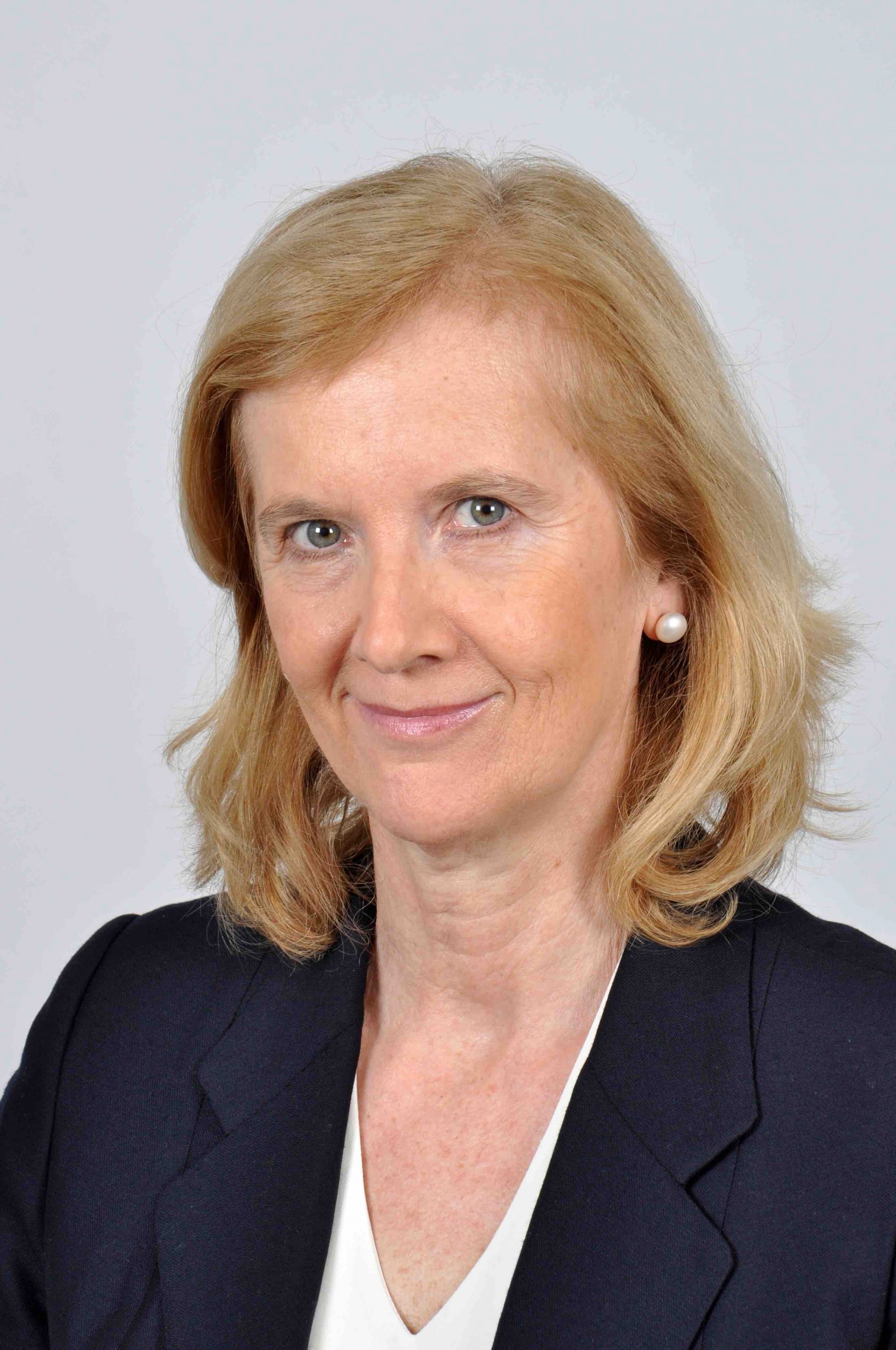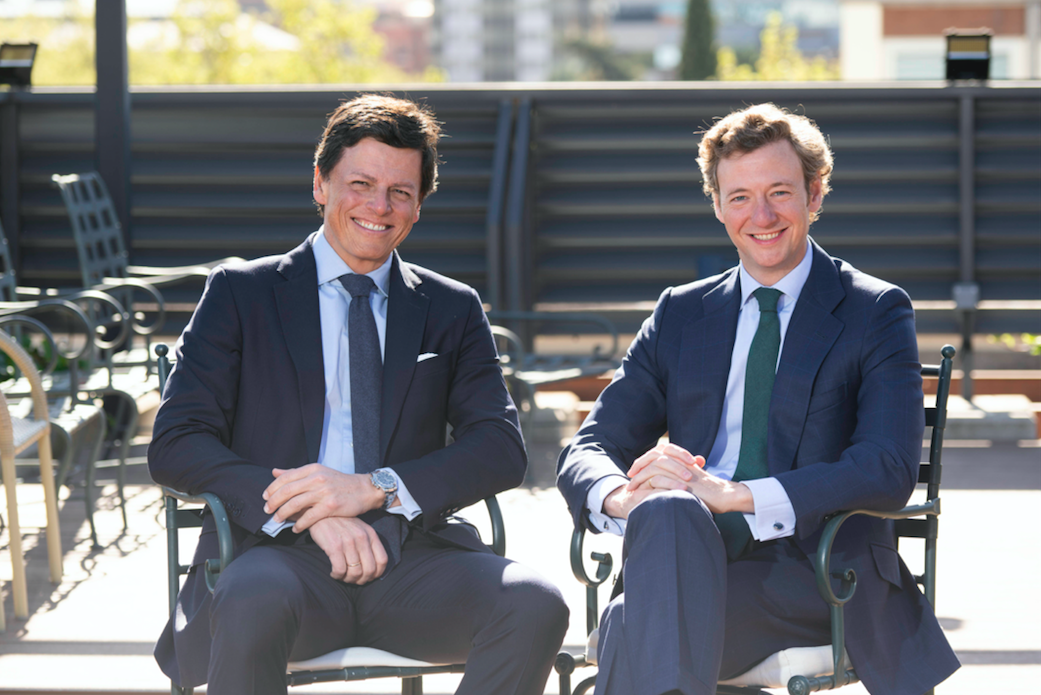According to Mick Dillon and Bertie Thomson, portfolio managers of the Global Leader fund of Brown Advisory -the asset manager that MCH Investment Strategies represents in Spain, Italy and Portugal-, this is a unique market event. As long-term investors with a bottom-up style, they argue that the crisis generated by the coronavirus will have a huge impact on economies worldwide. In this interview with Funds Society, both managers explain their view on the equity market.
Q. What conditions need to be in place for us to start seeing a recovery in the global stock markets?
A. As I write this in mid-June 2020, the NASDAQ and the MSCI All World index are close to pre-COVID levels so it seems that stock markets have recovered already. However, there have been delays in when companies might get cashflow, so shortcut valuation multiples have actually gone up.
Q. After the records that the US stock market registered over the last year, was this adjustment in valuations necessary?
A. The shock to demand means cashflows have been delayed and this recalibration of the IRRs means valuations needed to adjust. Whilst we recognize the cost of capital for the companies we invest in may have come down as interest rates have fallen, our investors still need a good return above long-term market averages. We use a 10% WACC for all investments in developed markets as we believe this is the return which our investors need per annum.
Q. What kind of stocks are best resisting this shock?
A. We believe some businesses with non-deferrable demand might be better positioned to weather this shock, or you need straight out pricing power. We have certainly seen some of our companies adapt and rise to the challenges that the pandemic has created, for example our biggest investment, Microsoft, has seen its cloud and office apps benefit from enormous take-up due to work from home sanctions as has Google’s cloud business. Roche, one of our top 10 investments, is seeing a benefit from COVID-19 testing within its diagnostics business. In financials, we have seen Deutsche Boerse benefit from a large uptick in trading volumes and volatility spiking across asset classes where it provides the leading trading, centralised clearing and settlement platforms in Europe.
Q. Is this a good time to buy?
A. It is incredibly difficult to time the market, and that is not our aim. If you have a portfolio of companies with a 25% RoIC that you own for 4 years you will get 100% return on capital. So long as the supply-side isn’t disrupted by competition and your customer keeps coming back, then over time that should deliver. We believe that long-term outperformance is possible with a concentrated portfolio of good quality companies allowing them to compound their excess economic return over a full market cycle.
Q. What is your approach in that sense? Have you made any changes in your portfolios?
A. We maintain a rigorous focus on valuation so that if you buy them cheaply enough, this should deliver attractive long-term (5 years) returns. We also view ESG research as an essential part of our investment strategy and we are now witnessing the increasing focus on these considerations by investors around the world. Recently, we have significantly added to our exposure to emerging market financials, such as Bank Rakyat and HDFC Bank, as their share price valuations started implying enormous value. As an example, Indonesia’s Bank Rakyat has played a critical role in promoting the government’s social agenda by advancing subsidized credit for rural enterprises.
Q. When taking advantage of these opportunities, special attention will have to be paid to risk management. How are you managing portfolios in this coronavirus crisis?
A. We have recalibrated all our models to include a global pandemic within our base case for all our holdings. For some companies, this can even be a benefit, for others it is a terrible disruption to their business. Using a probability weighting system helps to calibrate our IRRs to a better expected return with both base and bear cases. Nonetheless, we see a number of our investments with double digit IRRs over 5 years.
Q. We have also seen an oil crisis in the first quarter of the year. In your opinion, are there more risks on the horizon?
A. There are always more risks on the horizon, but the magnitude varies significantly. We have held no investments categorised in the energy sector since the launch of this Fund. However, we have recently added Aspen Technology to the portfolio, which gives us some exposure to the energy sector. We do believe volatility can create opportunities for long-term investors and we have found in the middle of the crisis the chance to invest in a couple of new companies –like Autodesk and Intuit– that had been on our ‘ready-to-buy list’ for years but we really didn’t think we would get the right price. Suddenly in the midst of the crisis they reached prices giving us tremendous protection and we are now the proud part-owners of two terrific businesses.
Q. What is your outlook for global equities this year?
A. We are absolutely long-term investors and for us that means 5 years. We consider multi-year IRRs and have a 10 year DCF to take us away from short-term swings and to a more steady state environment. Whilst we don’t know about the rest of this year, we have tremendous confidence in our portfolio of high RoIC companies over a 5-year horizon.


